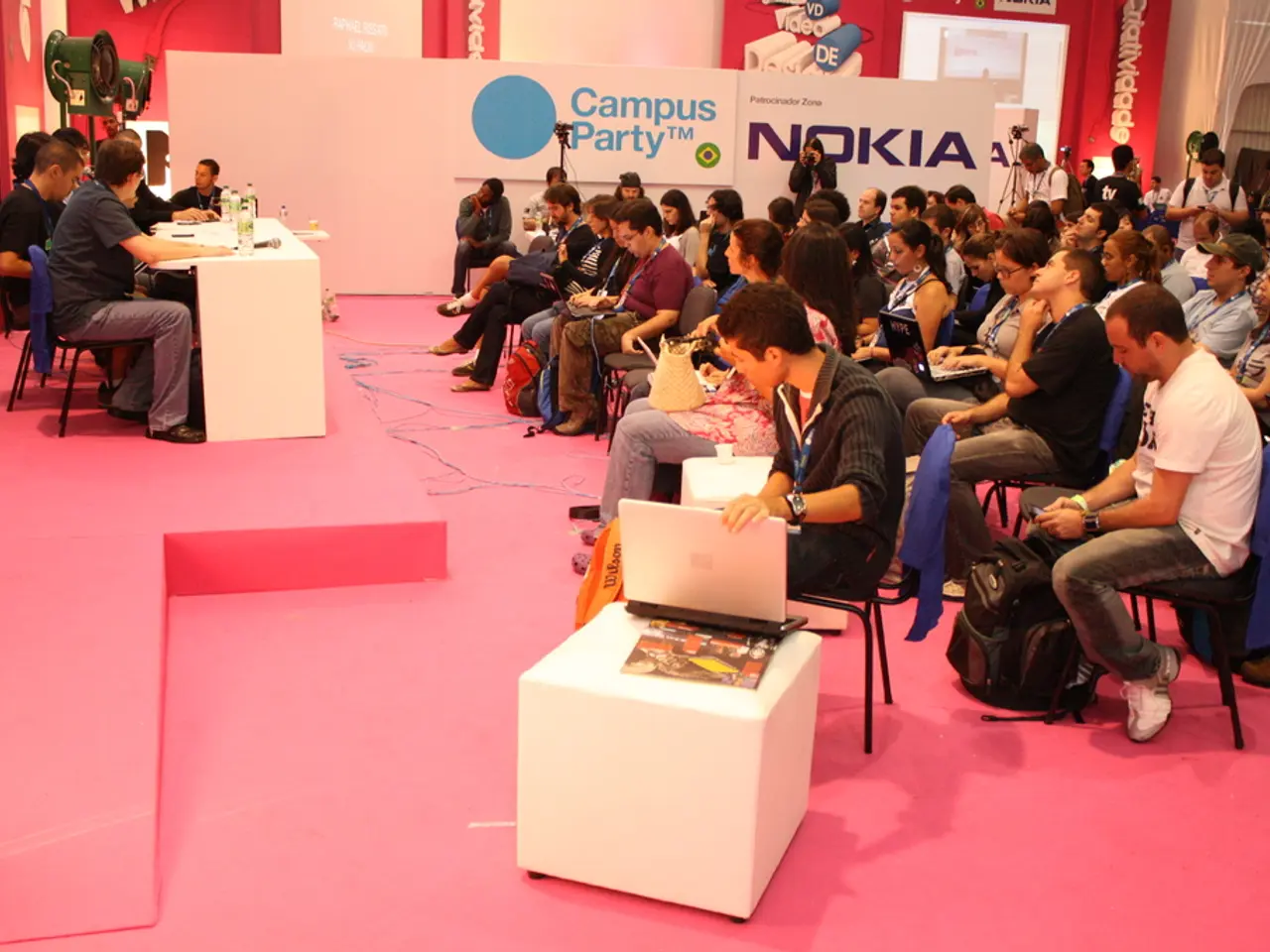Controversy Surrounding the Anti-Semitism Commissioner: DIG Saar and Young Forum Call for Action Following Questionable Event
In the heart of Saarland, Germany, the role and responsibility of the anti-Semitism commissioner, Prof. Roland Rixecker, have come under scrutiny. The controversy arose following Rixecker's participation in an event organised by Students for Palestine and SDS Saarbrücken, which was criticised for its strong criticism of Israel.
Critics, including the German-Israeli Society (DIG) Saar and the Young Forum of DIG Saar, argue that Rixecker's involvement in such an event is problematic, given his official role. They contend that his actions set a precedent at the national level by providing a platform for uncontextualized criticism of Israel without discussion, and through his moderation, anti-Israeli activism was legitimised and presented as normal and unproblematic.
The Network of Jewish Professors has joined the chorus of criticism, accusing Rixecker of a lack of professional responsibility and sensitivity. They assert that events promoting one-sided narratives and ignoring anti-Semitic tendencies should not be legitimised by an official office in the fight against anti-Semitism.
Hannah Akgül, a board member of the Young Forum, stated that Rixecker's actions are burdensome for those fighting against anti-Semitism in Saarland. The Young Forum, alongside DIG Saar, has demanded an official statement from Rixecker and a review of his mandate as anti-Semitism commissioner.
Supporters of Rixecker might contend that criticism of Israeli government policies is not inherently anti-Semitic and that his participation reflects a legitimate political stance rather than prejudice.
Authorities and political figures in Saarland have been discussing the implications, weighing concerns about maintaining the integrity of the anti-Semitism commissioner position. As of the latest updates, there has been no formal resignation or dismissal, and the situation continues to evolve, with calls both for clearer guidelines on the conduct of official commissioners and for balanced approaches that distinguish criticism of states from discrimination against people.
Stay tuned for further developments in this ongoing debate. If you require more detailed background on the roles and responsibilities involved, feel free to ask.
The controversy surrounding Professor Roland Rixecker's actions as the anti-Semitism commissioner in Saarland, Germany, has led to discussions about policy and legislation in relation to war-and-conflicts, as some argue his participation in an event critical of Israel sets a problematic precedent. The Network of Jewish Professors, German-Israeli Society (DIG) Saar, and the Young Forum of DIG Saar have all voiced criticism about Rixecker's lack of professional responsibility and sensitivity, urging a review of his mandate and a clear statement from him. On the other hand, supporters of Rixecker contend that his political stance reflects legitimate criticism of Israeli government policies, not anti-Semitism. General news and crime-and-justice outlets have also reported on this debate, with calls for balanced approaches and clearer guidelines for commissioners to maintain their integrity.






